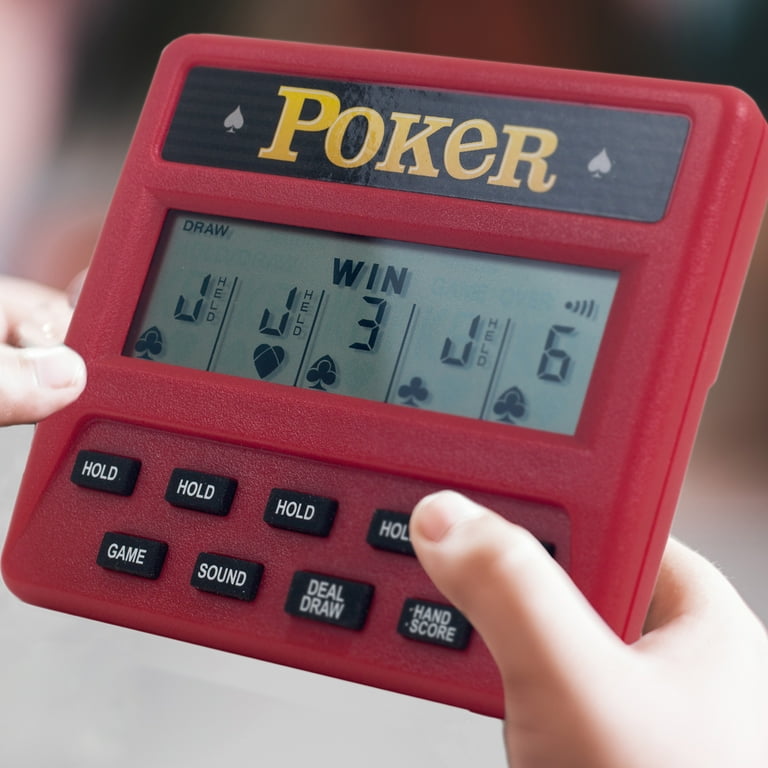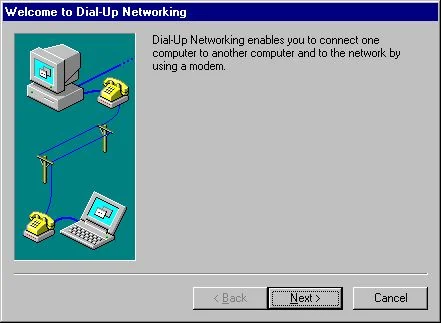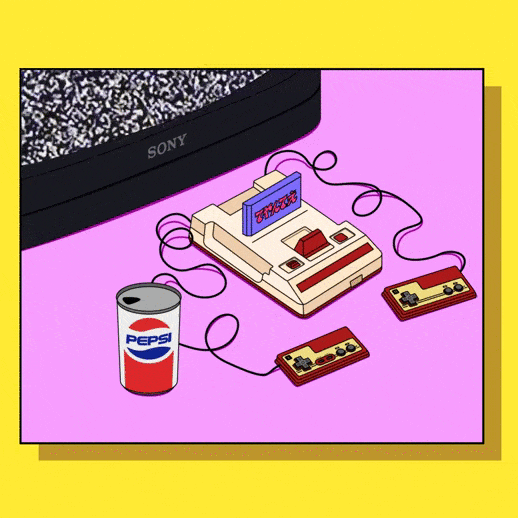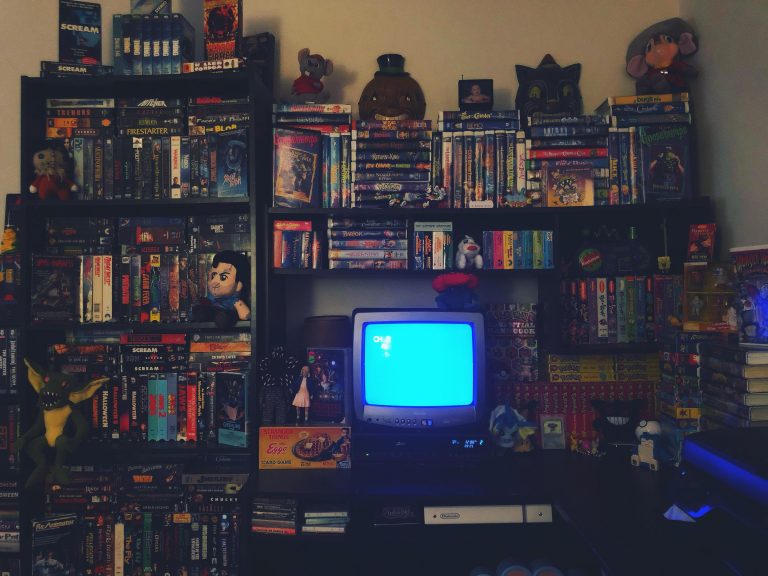
The 1990s were a unique time for gaming. The internet was still finding its feet in many households, and the idea of playing sophisticated games on a device you carried in your pocket was more science fiction than reality for most. Yet, the desire for portable poker was still alive and well, leading to a different breed of “pocket poker” than we know today. Forget swiping and tapping on a vibrant touchscreen; in the 90s, pocket poker meant something altogether more tangible.
The Rise of the Handheld Poker Game:
For solo poker enthusiasts on the go, the 90s saw the peak popularity of dedicated handheld electronic poker games. These were often small, battery-powered devices with simple LCD screens and button controls. Think of them as the Tamagotchis of the card game world.
These handheld games offered a solitary poker experience, pitting you against a digital opponent. While the graphics were rudimentary and the AI might have been predictable at times, they provided a convenient way to scratch that poker itch during a commute, a lunch break, or while waiting for an appointment.
Common features of these handheld poker games included:
- Basic Game Variations: Usually offering variations like Five-Card Draw or sometimes a simplified version of Texas Hold’em.
- Simulated Betting: Using buttons to raise, call, or fold against the computer opponent.
- Score Tracking: Keeping track of your winnings (or losses) against the digital dealer.
- Sound Effects: Simple beeps and boops that added to the rudimentary charm.
Brands like Tiger Electronics were prominent players in this market, offering a range of handheld games, including poker variations. These devices were affordable and readily available in toy stores and electronics shops, making them a popular choice for casual gamers and poker fans alike.









